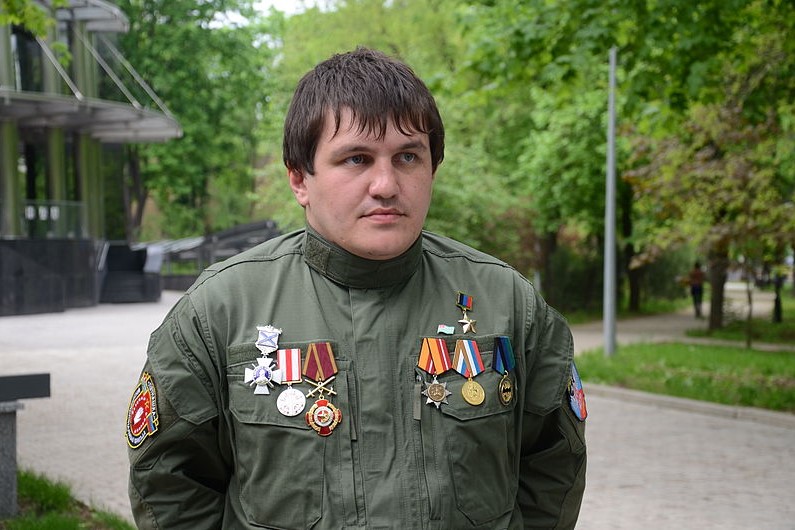Rumours of a possible military takeover circulated around the Abkhazian capital last week following the arrest of former presidential aide Akhra Avidzba on weapons charges.
Avidzba was arrested on the night of 4 March and has been charged with unlawful acquisition and possession of arms, he is also suspected by Abkhazian intelligence of ‘planning to take part in a coup d’etat’.
According to a statement by the State security service an arsenal including machine guns and grenade launchers was found in Avidzba’s house, he has been ordered to remain in detention for one month as a restraint measure.
According to sources close to Avidzba, Abkhazian President Aslan Bzhania made a promise to release Avidzba after the congress of Aruaa (Defenders), an organisation for Abkhazian war veterans opposed to President Bzhania, was held on 11 March and when Abkhazian intelligence was expecting an attempted military takeover of the government headquarters to take place.
Shortly before the Aruaa congress started, Abkhazian security forces announced that they would be ready to ensure public order and security in Sukhum.
During the congress, participants denounced Bzhania’s election last year as a coup d’état called on him to resign voluntarily. They also voiced a demand that parliament schedule a snap election to end ‘the series of coups’.
‘The main mistake of an incumbent president is that he led a coup d’etat on 9 January last year [...] Why does he think that the 2020 coup d’etat will be forgotten?’ Aruaa chair Timur Gulia said.
While the congress was taking place, Aslan Bzhania’s supporters gathered in front of the government headquarters in Sukhum. Around 300 people surrounded the buildings while State security forces, ambulances and emergency services were stationed nearby. One of the protesters told OC Media they were concerned with ‘frequent protests and the threats of a military takeover’.
As of publication, the Supreme Court of Abkhazia is in the process of hearing an appeal calling for Avidzba’s release.
Turmoil before the arrest
On 2 March, Akhra Avidzba was among around 200 Sukhum residents who took part in a protest against the visit to Georgia of Benur Kvirai, economic affairs adviser to the president of Abkhazia, along with two other Abkhazian officials.
During the trip, Kvirai was filmed giving a toast in which he praised the shared history of Abkhazians and Georgians who he called, our ‘neighbours, our relatives, our brothers’. He also called for ‘the negative’ history between the two peoples to remain ‘in the past’.
The video was strongly condemned by some in Abkhazia. The Abkhaz National Movement, an opposition organisation condemned the video, calling it a ‘tirade’ and adding that by sending his advisor for unblocking economic and trade ties with Georgia, Bzhania deprived himself of ‘a moral right’ to determine the foreign policy of Abkhazia.
Abkhazian authorities responded to the accusations by stating that Kvirai left the post of an advisor to the president on 19 February, several days before he visited Georgia.
On 4 March, right before his arrest, Avidzba announced that he has applied for the formal registration of the “New People” political party.
Avidzba, who had fought in eastern Ukraine as a brigade commander on the side of pro-Russian separatist forces was once an ally of Bzhania, serving as a presidential aide after his role in helping organise the protests that brought the president to power in January, 2020.
He resigned from his post in November that same year.
All place names and terminology used in this article are the words of the author alone, and may not necessarily reflect the views of OC Media’s editorial board.
For ease of reading, we choose not to use qualifiers such as ‘de facto’, ‘unrecognised’, or ‘partially recognised’ when discussing institutions or political positions within Abkhazia, Nagorno-Karabakh, and South Ossetia. This does not imply a position on their status.




 15 March 2021
15 March 2021





